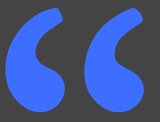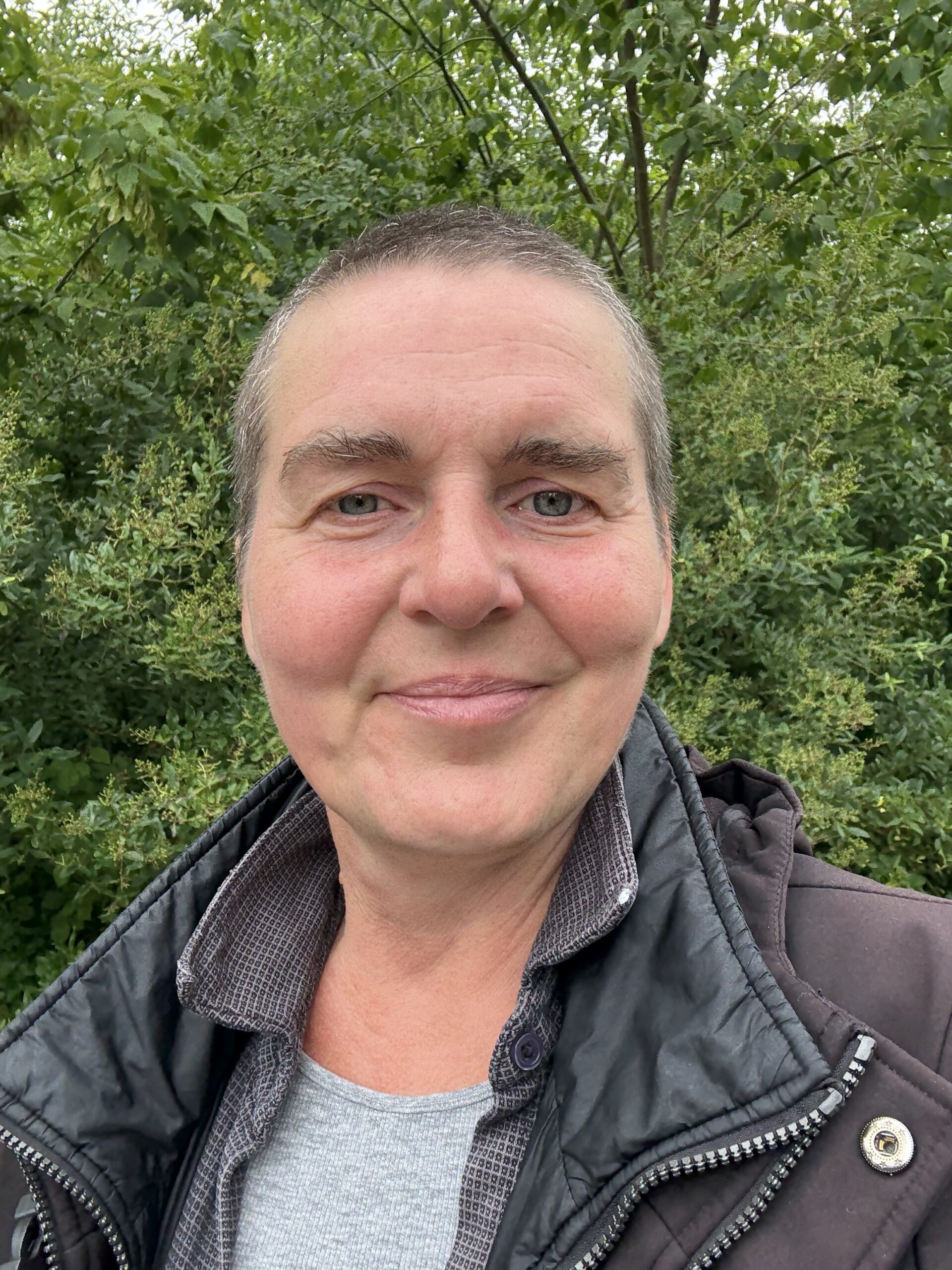ripples projects
rethinking, shaping and building businesses & networks
to create ripple effects for people & planet

We will continue to bring people and ideas together from around the world: not to plunder the planet, not to screw up people, not to dominate, not to exploit — but to rethink, to value, to create.
© Charlie Alice Raya, book 3/3, shaping, where do we go from here & decisions
Welcome
Welcome to the ripples projects website which is still work progress.
When completed, this website will provide an overview of all business models and business ideas, some of which originated in the easy town books by Charlie Alice Raya.
The ripples businesses are to become a network of businesses where the empowerment of people, the restoration of our planet, rethinking and reshaping of businesses and economies, and healing and strengthening of our societies are core aims.
Business success will be measured by the amount and extent of ripple effects created by business interactions.
What to look out for:
- Introduction of new business models
- Discussions about business practices
- Introduction of new businesses
- Discussions about economic ideas
- Extracts from the easy town books
- Visions for the ripples projects
- Profits rethought, profit policies
- Rethinking the past to shape the future
- What do we want?
- The alternative to revolutions
- Making it happen
- First steps
More content will be added over the next weeks and months.
If you would like to become part of the ripples projects or if you would like to contribute in any other way, please, get in touch: contact@charlie-alice-raya.org
Side note: I used to call these projects easy town projects because the Hub, the dot.business model and other ideas originated in the easy town story and are key elements of the story.
However, as those ideas take the step out of the story, they should get their own name, and since creating ripple effects is a core element for all of these businesses, it seems fitting to call the projects ripples projects from now on.
Other potential names are: the millions dwarfs projects, balance, prosperity and restoration projects, It’s our world or Guardians for balance and empowerment project.
CAMPAIGNS FOR OUR FUTURE
In August-December 2025 CAMPAIGNS FOR OUR FUTURE will introduce some of the business ideas mentioned on this website.
To dive straight into the campaign ideas and stay up to date with everything that will happen in this time, you can use the following links:
Book chapters, Digging deeper and more on Substack
IT’S OUR WORLD
Connect to me on Bluesky
@charlie-alice-raya.org
Connect to the campaigns account on Bluesky
@campaign-ideas.bsky.social
Rethinking business practices
Rethinking Business Practices is one of the most promising propositions for our future. Most people get the lure of rising numbers, blinking tech, winning competitions. It’s a bit like a trip.
But life has so much more to offer, and we can reshape all the strange practices we and past generations came up with.
You can take a look at some thoughts on Rethinking Business Practices here >
Reshaping global economics
In the book, THE END OF ALL WARS, rethinking and reshaping the economy for the planet and for all communities is part of the process to end all wars for good.
Now, that story is set on a different planet, but it still has inspirations to offer for our planet. Not only is the narrative of predator and prey debunked, there are also some intriguing thoughts about how nature works and how we might translate that to our advantage.
Read two relevant passage from The end of all wars >
I will read THE END OF ALL WARS, starting on August, 19 and publish daily audios until September, 27. The best way to find those recordings is via the book’s Bluesky account: @end-of-all-wars.bsky.social

Our economic system is built on that idea: an organism which breathes, creates, adjusts, moves, is alive — and sometimes it dances, always seeking balance, always nurturing, always empowering.
© Charlie Alice Raya, The end of all wars
economic growth or economic balances

We will reach a maximum benefit once we accept that the planet is our home and that the other humans are our fellow humans, that empowerment beats competition every day, that we can shape our world in a way that heals our societies, and reconnects us to each other and to the environment. And that will allow us to restore our planet. A restored planet is the basis for unrivalled prosperity.’
© Charlie Alice Raya, book 3/1, shaping, chapter 2
The second chapter of the easy town book 3/1, shaping, delivers a powerful discussion about the consequences of economic growth and the arguments for economic balances, introducing what will later be termed economic guardianism.
This discussion is also available on this website. Take a look at the extract from book 3/1, shaping: economic growth versus economic balances >
business networks
The beauty of a network that works for us & our planet
The list below might read like a great jumble of business ideas. A closer look will reveal that these ideas can all be connected and form a business network where all companies benefit from each other and work hand in hand to deliver products and services needed while restoring the planet and our societies.
Competition is a narrative with an abysmal record. It’s time to connect, to each other, to our planet. Connecting and cooperation is also more fun, healthier and increases prosperity.

‘Egg division,’ Alice said that night after the speech. ‘That’s what we will do. We start with a single cell and then the cell will split into two and grow, and the two will split into four and grow, and eventually an enormous network will emerge which will celebrate the uniqueness, dignity and ingenuity of every human, a network which will reshape the human habitat and rebuild what previous generations have destroyed, and a network where we rethink everything that might need a rethink. We, our body of work, will be alive and breathe and thrive.’
© Charlie Alice Raya, book 3/3, shaping
business ideas, overview
digital world
bullseye web design
bullseye hosting
products
BSS
basic survival supplies
hats nest
PPP
pencils, pens & paper
x
toys around the world
shoe port
health, care, recovery
breathe
hospital supplies
FYS
Herbal Remedies & Teas
soap opera
x
foods
seeds diversity
foods diversity
food wheels
It’s our food
lunch trees
egg wagons
twinkles
sweet tooth
all lemon
arts, explorations, media & news
book stations
bespoke books network
pepper books
Libraries reinvented
sound design & editing
x
services
THE
project bank
brains & teeth
job shakers international
no manipulation product ads
x
mobility
two wheels
rail bros
underground pods
sails flotilla
mobility network
x
energy
wind art
solar art
water cycles
Nature & we
coex building
rewilding
natural packaging
waste management rethought
gardens
Routes & connections
Crude oil substitutes
plastic-free office supplies
plastic-free devices
natural fabrics & materials
plastic-free hospitals
plastic-free care products
plastic-free waste
plastic-free foods
plastic-free bodies
x
more
TaCI
x
x
Just in case you’re wondering: Yes, there are more business ideas. Yes, each idea will eventually get a page with more information. Yes, some ideas already have a website. Yes, the aim is to intertwine all businesses and to build supply networks for them so that they can work hand in hand and benefit from each other. Yes, I am serious about building business networks which don’t cause misery and harm to our lives, our communities and our planet. Yes, I can’t do a thing without a team – or a budget. Yes, you are welcome to get in touch and get on board. I’ve done the thinking, the fruits are ripe for the picking and the easy town story and the dot.story provide good cases of how it can be done. We can’t wait for anyone else to address all the issues we urgently need to address. But we can do it ourselves. We are the majority. And while it won’t be easy, it can be an exciting adventure: shaping our world, shaping who we want to be, how we want to act, what we need, what we have to give. If you are intrigued, write to: contact@charlie-alice-raya.org
13 August 2025, Charlie Alice Raya

About me
If we tell people what is what, then What will always remain What and never evolve.
I am an explorer who loves to pick up any What and give it a good spin in my playground: the easy town story.
I am a creator who loves to dig deeper and who creates visions of ideas we can test, ideas with the potential of giving us the kind of boosts we need to thrive.
I am an author who has dedicated their work to humanity and the planet. Not for some altruistic reasons, I just don’t like getting angry about the abysmal state of our societies and our habitat. The best way out of our mess is to use our wonderfully squishy brains, come together, rethink and reshape our world.
I am Charlie Alice Raya, born in 1972 in the then divided city of Berlin.
A good place to get an overview of all the things I am up to is my overview website: www.charlie-alice-raya.org. There are still gaps on this website, but it will keep filling up over the next weeks and months – as will this website.
You can also find me on Bluesky @charlie-alice-raya.org
The easy town books, which are both the source and the playground for many business ideas, are presented on the easy town books website and on the Charlie Alice Raya website.
Presently there are fourteen websites, most of which introduce an idea in more detail. You can find an overview of all websites here >
Please, get in touch, if you want to rethink, reshape our world and build a business network which serves us. It’s our world. Write to: contact@charlie-alice-raya.org
Get in touch
Emails will be answered within 72 hours whenever possible.